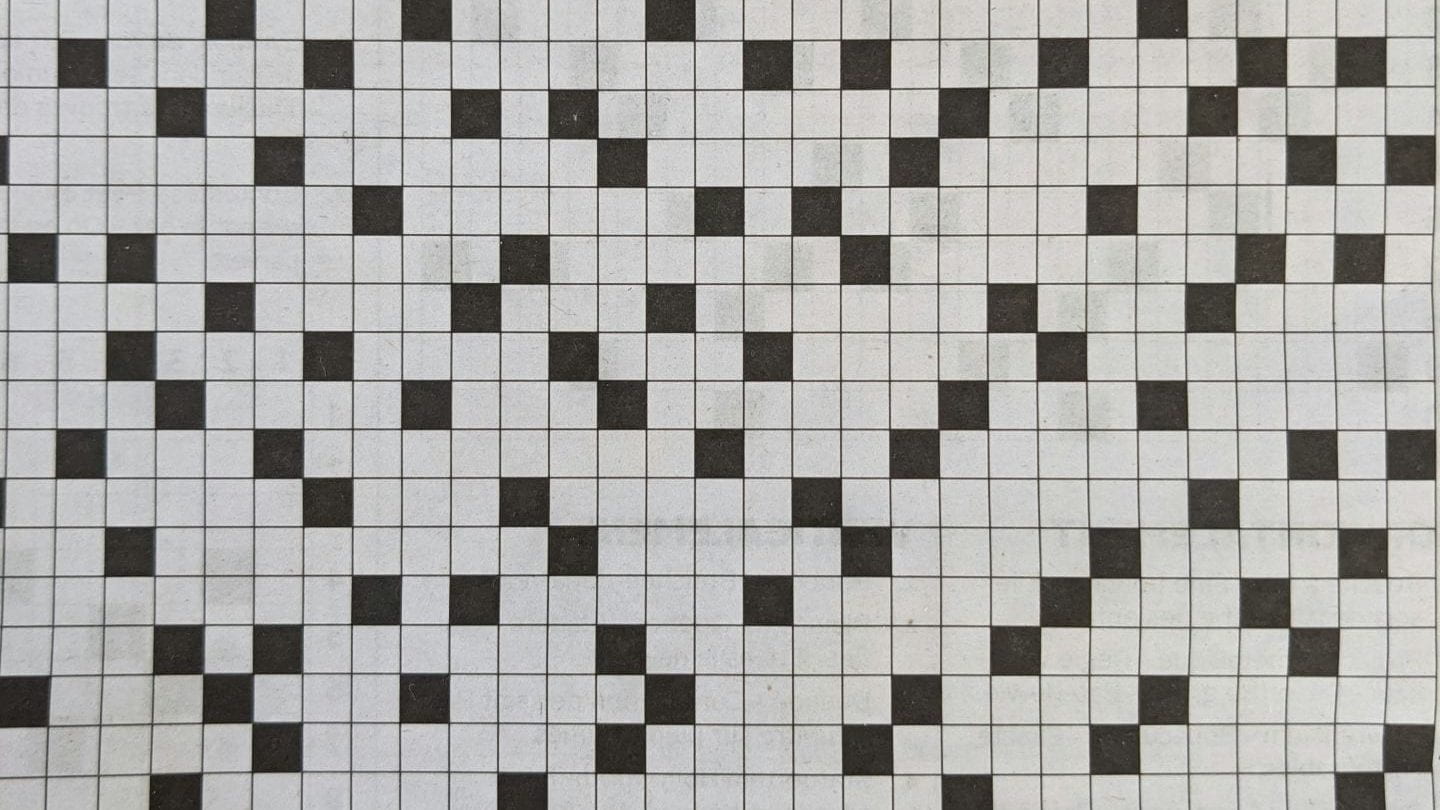Guest post by Cat Papastavrou Brooks

When I was at my most depressed, I lived with someone who was also depressed, and a silent and wretched-looking lurcher we had bought after seeing a Gumtree advert which just read “Dog. £150. First come, first served.” Left with time, and no ability to fill it, we sometimes played a kind of word-game where we attempted to describe how depression felt.
“It’s like feeling very light and empty and insubstantial, but also very hard and heavy and dense all at the same time.”
“It’s like being in love with someone, but instead of obsessing about them, you’re just obsessively thinking about how you are the worst person in the world and how much you want to kill yourself.”
That episode wasn’t my first time being severely depressed. The last time round (in my early 20s and more alone in my suffering) I’d been fanatical about a book called ‘Wittgenstein’s Private Language’. This aimed (amongst other things) to unpack the connection between pain, language and isolation in the philosopher Wittgenstein’s work, a subject I think has a particular pull for unhappy or depressed people. In it, the author (Stephen Mulhall) writes that we could see:
“the provision of a language for pain to someone immersed in inarticulate suffering as a means of giving him some perspective on his own condition- at least enough distance from it to articulate that condition, and thereby to place him in the position of acknowledging the state he is in, which must include acknowledging that it may end, that he may be comforted, that he might transcend that state, if only in his imagination.”
Coming up with our depression similes years later, it became clear that this approach did not work for our particular problem. Talking about depression did not give us any perspective on or comfort in our condition, which was all-encompassing and surely endless. Attempting to say the truest, most secret name of depression had not – in fact – given us power over it. But then why would it? We also played Boggle for hours and hours a day (a far more popular word game than our invented one), which – shockingly – didn’t magically end up curing us either.
After I finally got well, I told my friend he’d saved my life. He was nonplussed by this and said, “But I was just there, I didn’t help you, I was just there”, but then that was the extraordinary thing. The form of care he gave helped me get better because it didn’t require me to say or do anything to be understood and loved. Depression is both so incredibly mind-numbingly boring and makes you so incredibly mind-numbingly boring to others – we knew that inside-out. In that state, what could I possibly have had to say? So, his main role (apart from the difficult work of keeping me alive) was just being there, mostly unable or unwilling to talk either, just waiting it out together.
This is not how UK mental health campaigns tend to suggest that caring for your friendly neighbourhood depressive is supposed to work. Things like the recent “Time to Talk” campaign (“Some conversations are scary, some aren’t”) emphasise how easy and un-frightening it is to use words to connect a mentally ill person, both as a necessary precursor to and as a form of care in itself. The artist, activist and researcher Rachel Rowan Olive, has an excellent parody of this campaign, styled in the same way, but the text says “Screaming Awareness Week. It’s way past time to talk; it’s time to scream. Let’s bang our heads on the wall.” The top of the poster reads: “Every week from now until the end of time #aaaaargh.” Aaaaargh indeed – truly the only form of silence-breaking adequately suited to mental illness (and to dealing with mental health services).
To be clear, I’m not entirely against talking. I think words can be vital in dispelling the shame, self-hatred and loneliness that are part of depression, and I believe in good therapy. However, I also think that a combination of the failures in the UK mental health system, an increased mental health awareness in the general population and the dominance of cognitive therapies like CBT have led to people being more likely to have a stab at wrangling their depressed loved ones into speaking about their depression, in a desperate but misguided attempt to alleviate it through rational argument. For me, the idea of your loved ones somehow talking you out of being depressed or giving you the right space to talk yourself out of depression baffles me. It reminds me of the tweet, turned popular meme, which reads [sic] “guys r like don’t kill urself ur so sexy aha”, funny for many reasons, but at least partially because of the ridiculousness of the idea that being told you’re attractive could ever stack against the terrible, terrible logic of depression. What words could?
We’d had the dog for a whole horrible, hot, and silent summer, when she got over excited running in the park, and finally let out a sharp series of barks. We were taken by surprise and ran after her shrieking and whooping, which completely freaked her, something that was so comical to witness it made us laugh as well. Which- for me – was the closest that speech had got in that time to making me feel well again.
To purchase Rachel Rowan Olive’s “Screaming Awareness Week” artwork (and others), visit her website.
Author bio
Cat Papastavrou Brooks is a PhD candidate at the University of Bristol, working on the impact of community violence as part of the TRUUD programme, and a researcher at the SPIRED Clinic, SPFT NHS Trust working on eating disorder research.
Her X handle is @TheBeetleBox

